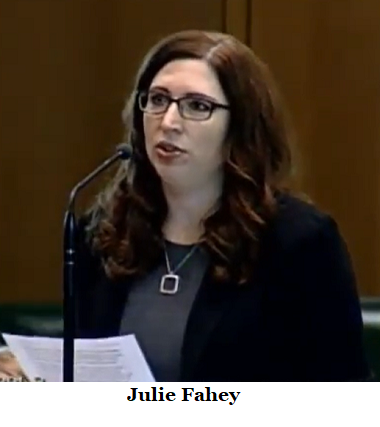Government created economic problem solved by housing providers
After months of ignoring the mounting problem of unpaid rents, with an ever increasingly difficult exit strategy, the party in power has started to face the reality that while short-term renter relief may have been acceptable and even appropriate, long-term measures have begun to impact the housing market in ways that will take years to heal. The upshot may be even greater disruption to the housing market. Time will tell.
A
draft of a proposal has been put forth by Representative Julie Fahey (D-Eugene) in preparation for a possible third special session. This proposal, dated November 11, includes:
- Landlords must forgive 20% of past due rent, in order to be compensated.
- The eviction moratorium is extended through June of 2021.
- Tenants must complete a simple written attestation that they have experienced financial hardship after March 8, 2020
- If a landlord is going to provide a non-payment termination notice, they must provide tenant with a blank attestation form and notice of rights and responsibilities.
One puzzling feature of the proposal is that in order for the
landlord to be compensated, the
tenant must submit a form describing their financial hardship. What if the tenant is unwilling -- or as is surely the case at least some of the time -- unable to do so.
Many housing providers have been barely hanging on as tenants have been withholding rents. Though the proposal does say that "smaller landlords and landlords with higher percent of rent unpaid will be prioritized for assistance first," this might be too little, too late for some providers.
One housing provider shared these thoughts with their State Representative. "Property taxes are due. It was made clear that there would be no forgiveness of any kind and that the taxes needed to be paid on time. Owners have to keep up with repairs and on-going monthly expenses, such as utilities and landscaping, even if no rent is coming in."
The wisdom of extending the eviction moratorium has been questioned by some. Some see it as possibly effective as a very short-term measure, but after several months it puts housing providers at a large disadvantage with their tenants. After several months, tenants need to resolve whatever issues they have. Many housing providers are not in a position to forego income for several months, and many regard it as unfair for the state to expect them to.
--Staff Reports| Post Date: 2020-11-12 20:53:52 | Last Update: 2020-11-12 21:32:20 |






